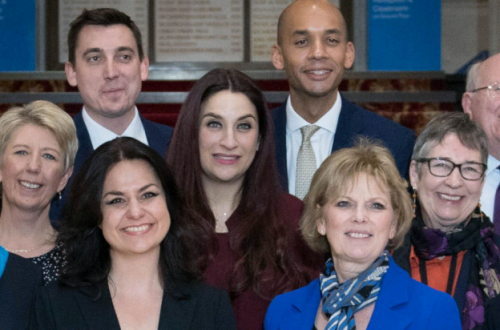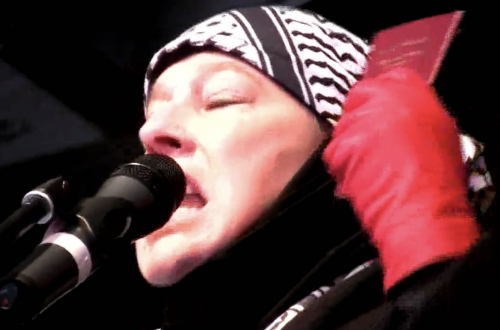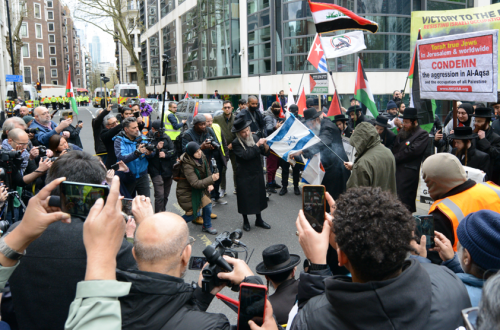This is a guest post by Joel Braunold
Over on +972 magazine last week, Ami Kaufman did a great service to all non-Hebrew speakers by translating a Channel 10 segment on the racism and dehumanization that is infecting the youth in Israel. No one could help but be disgusted by the comments voiced by these teenagers and share with the anguish of the teachers who wonder why the educational system is flawed in civic education.
Yet along with the horror of ones response we need to examine how we can root out the hate. The people on this video are not adults, they are kids, and condemnation is not enough; boycotting teenagers in this regard will only make the situation worse.
Nothing justifies the racism that is displayed. It is important to remember however the conditions that these kids grew up in between the ages of 4-7. As young kids they lived through the 2nd Intifada, a psychologically scaring event for every civilian in the region. Though the Israeli public response was an attempt to get back to normal after every bomb as soon as possible, each terrorist attack in a civilian area left ripples and scars in society.
What words were said to these young kids at the time by terrified parents who would not allow them out by themselves? For those who did not live it, it is hard to fathom the daily stress and fear of wondering if today would be the day that the coffee shop, bus or gas station that you visited would be your last. Much has been said of the trauma that 9/11 or 7/7 did to the Americans and British respectively in terms of their psyche. The 2nd Intifada was a constant unrelenting period in the lives of Israelis for two years.
Though the image of the super human Israeli has often been cultivated, there is no super human response to this level of trauma. These experiences do not serve as a justification for the racism that we saw on Channel 10, nor the racism that one does hear causally around Israel. Yet if we are ever to move beyond it, something that needs to happen regardless of what end you are pursing, we need to move the youth of today to hope not hate.
The best remedy to hate is exposure to the other, yet it is something that is being restricted by the political leaders in Israel and civic leaders in Palestine. In Israel the government nixed the project of the Bereaved Families Forum schools projects due to the complaint that it drew equivalences between terror victims and their perpetrators.
In Palestine, the experiences of the 2nd intifada did not stop with its ending. Though the intensity and level of violence dramatically decreased, the impacts of the occupation, land confiscation and humiliation continued. Though there were many attempts since the Oslo process to foster civil bridges between the two peoples, they did nothing to help the ordinary lives of Palestinians and were used by a few to try and normalize the occupation.
With the start of the international BDS movement in 2005 the anti-normalization movement started to grow in strength through its sister BDS movement. Though one can see the appeal and internal intellectual coherence in those who propagate anti-normalization, it is ultimately destructive. Whichever end to the Status Quo one is pursing, campaigning to end all interactions between Palestinians and Israelis (barring those who already agree with a full right of return) makes any end less likely. The Israeli electorate needs to see those it is going to live among or beside, not be restricted to fleeting media glimpses. The Bereaved Families Forum project falls afoul as much the PACBI boycott lines as it does the Israeli Government regulations.
The latest polling snap shot shows how dire the situation is. 54% of Israelis are worried or very worried that they or a family member will be attacked by an Arab in their daily lives. 75% of Palestinians are worried or very worried that Israel will attack them or confiscate their land or that of a family member in their daily lives.
The response to young hate is education, dialogue and experiences to combat the fear that generated that hate. Our response cannot be restricted to just condemnation when we see such vile words leaving the mouths of the next generation. While condemnation is vital it is not enough.


